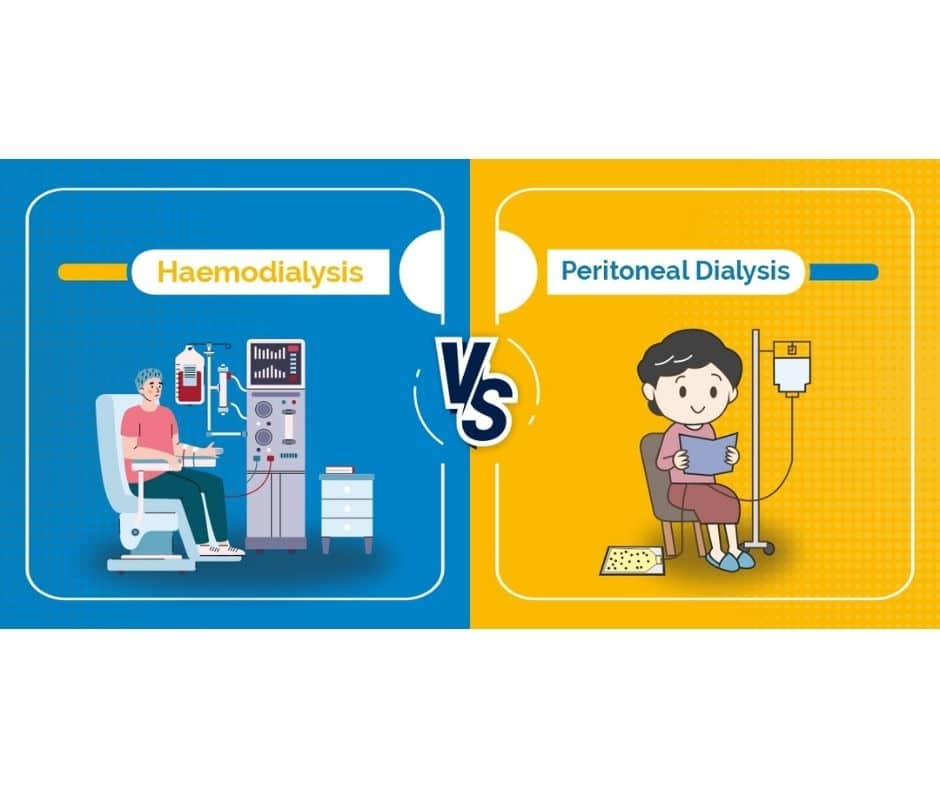Telemedicine, the use of technology to deliver remote healthcare services, has gained significant traction in recent years. With advancements in communication technology and increased accessibility to digital tools, telemedicine is transforming the way healthcare is delivered. In this blog, we will explore the future of telemedicine and the profound impact it is poised to have on healthcare delivery.
Accessible Healthcare Anytime, Anywhere:
Telemedicine breaks down geographical barriers and provides healthcare access to individuals regardless of their location. With telemedicine, patients can connect with healthcare professionals remotely, eliminating the need for physical visits. This is particularly valuable for individuals in rural areas, where access to specialized healthcare services may be limited. The future of telemedicine holds the promise of equal healthcare opportunities for all, regardless of their physical location.
Remote Patient Monitoring:
The integration of telemedicine with wearable devices and remote monitoring technologies enables healthcare professionals to remotely monitor patients’ vital signs, symptoms, and progress. Real-time data collection and analysis empower healthcare providers to proactively intervene, detect early warning signs, and manage chronic conditions more effectively. Remote patient monitoring reduces hospital readmissions, enhances patient outcomes, and improves overall healthcare efficiency.
Virtual Consultations and Diagnosis:
Telemedicine enables virtual consultations, allowing patients to connect with healthcare professionals through video calls or chat platforms. This convenient mode of communication saves patients time and reduces the burden of travel. Healthcare providers can assess and diagnose certain conditions remotely, offer medical advice, and prescribe medications when appropriate. Virtual consultations enhance access to primary care, increase patient engagement, and reduce healthcare costs.
Specialized Care and Expert Collaboration:
Telemedicine facilitates access to specialized care by connecting patients with healthcare professionals who may be located in different regions or even countries. This is particularly beneficial for rare or complex conditions where expertise may be limited. Telemedicine also promotes collaboration among healthcare professionals, enabling them to consult and share knowledge in real-time. This interdisciplinary approach enhances patient care and improves diagnostic accuracy.
Mental Health Support:
Telemedicine has emerged as a vital tool for delivering mental health support and counseling services. Through virtual platforms, individuals can access therapy sessions, counseling, and psychiatric consultations from the comfort of their homes. Telepsychiatry reduces barriers to seeking mental healthcare, eliminates stigmas associated with in-person visits, and improves access to mental health professionals, especially in underserved areas.
Artificial Intelligence and Data Analytics:
The future of telemedicine will witness increased integration of artificial intelligence (AI) and data analytics. AI algorithms can analyze vast amounts of patient data, medical records, and research findings to identify patterns, assist in diagnostics, and personalize treatment plans. Data analytics can also help in population health management, identifying trends, and implementing preventive measures.
Conclusion:
The future of telemedicine holds immense potential for transforming healthcare delivery. By leveraging technology, telemedicine expands access to healthcare, enhances patient outcomes, and improves the overall efficiency of healthcare systems. As the field continues to evolve, we can expect increased integration of advanced technologies like AI, remote monitoring, and virtual consultations. Embracing telemedicine will not only benefit patients but also enable healthcare providers to deliver high-quality care, regardless of geographical constraints, ultimately leading to a more connected and patient-centric healthcare system.










